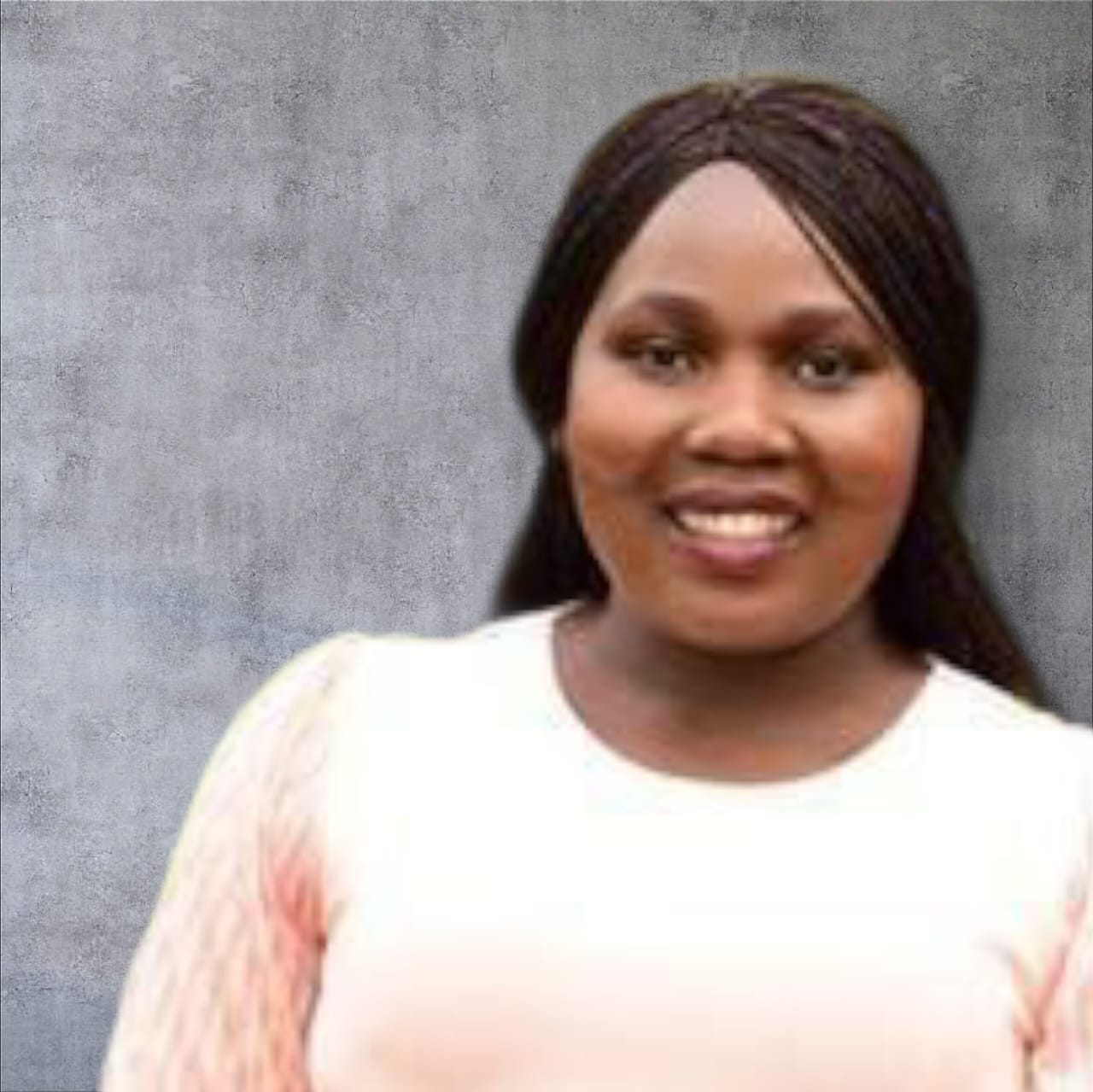Every term, teachers receive children who come with a mixture of innocence, curiosity, and, sometimes, chaos. The assumption that schools will automatically transform unruly children into disciplined citizens is one of the greatest lies of our time. Discipline, manners, and respect cannot be injected through lessons or examinations. They are built, patiently and deliberately, at home.
If a child is rude at home, they will be rude in class.
If they never listen to you, they will not listen to a teacher.
If they have zero respect for elders, no mathematics lesson will change that.
Sadly, many parents have begun outsourcing parenting. “Teachers will teach them manners.” “Pastors will teach them discipline.” “Society will guide them.” It’s as though parenting has become a shared responsibility—shared with everyone except the actual parents.
No. That is your job, dear parent.
At school, we can teach equations.
We can sharpen talents.
We can open minds.
But we cannot undo ten years of poor parenting in one term. It’s impossible.
When a child grows up in a home where respect is not modelled, where every “no” is negotiable, where boundaries are blurred, and where adults are afraid to correct, the result is a young person who does not understand authority. Such a child enters school already set in a pattern of defiance. The teacher’s voice becomes background noise. The classroom turns into a battlefield.
When parents fail to do their part, the burden falls on teachers—and by extension, the whole society. Teachers end up being disciplinarians, counsellors, and sometimes even surrogate parents. They juggle academics with emotional and behavioural management. The pressure is enormous. And when those children grow up, they become adults who cannot function in workplaces, in relationships, or in communities.
ALSO READ:
KEJUSTA accuses KNUT of ignoring real challenges affecting JSS teachers, learners
Schools are partners, not substitutes. They are meant to build on the foundation laid at home, not to start from scratch. The values of respect, self-control, empathy, and accountability cannot be taught effectively to a child who has never seen them practised at home. No amount of punishment or reward in school can fill that gap.
Discipline begins at home. It is not about fear, but about guidance. It is not about control, but about consistency. Children learn from what they see and experience daily. If they witness humility, honesty, and effort in their parents, they will carry the same into the classroom and beyond.
Respect begins at home. It is taught not by long lectures but by small gestures: greeting visitors, listening when others speak, helping around the house, apologizing when wrong. When parents model these virtues, children absorb them naturally.
Responsibility begins at home. Give children age-appropriate duties—making their bed, washing dishes, feeding a pet. Let them know that effort and consequence are connected. A child who is always rescued from the results of their own behavior grows up entitled and unaccountable.
Parenting is not a side hustle. It is a full-time investment in the next generation. It demands time, presence, and example. It is easier to buy a gadget to distract a child than to spend an hour talking with them—but the latter shapes character, while the former only entertains.
Dear parent, discipline is not punishment—it is preparation. It prepares a child to handle freedom responsibly, to respect authority, to manage emotions, and to make sound choices. These are not lessons that begin at school gates; they start at the dining table, in family conversations, in how you treat others.
ALSO READ:
Court halts Litein Boys’parents levy, cites urgency in Ksh49,699 fine dispute
Teachers can only reinforce what you have already started. If you raise a respectful, attentive, responsible child, the classroom becomes a place of growth and discovery. But if you neglect your role, the school becomes a battlefield of correction, confrontation, and frustration—for both child and teacher.
So, before you complain that your child’s teacher is “too strict” or “too harsh,” pause and ask yourself: How disciplined is my child? What have I modelled at home? What foundation have I laid?
Because, in truth, schools are not designed to fix parenting failures. They are built to educate. And no matter how dedicated teachers are, they cannot repair in one term what has been neglected for a decade.
Discipline begins at home.
Respect begins at home.
Responsibility begins at home.
If you refuse to start it, do not expect schools to fix it. They won’t. And that’s the plain, painful truth.
By Rehema Ngoya
Rehema Ngoya is a passionate teacher of English and Literature with a deep enthusiasm for writing on educational matters.
You can also follow our social media pages on Twitter: Education News KE and Facebook: Education News Newspaper for timely updates.
>>> Click here to stay up-to-date with trending regional stories
>>> Click here to read more informed opinions on the country’s education landscape






